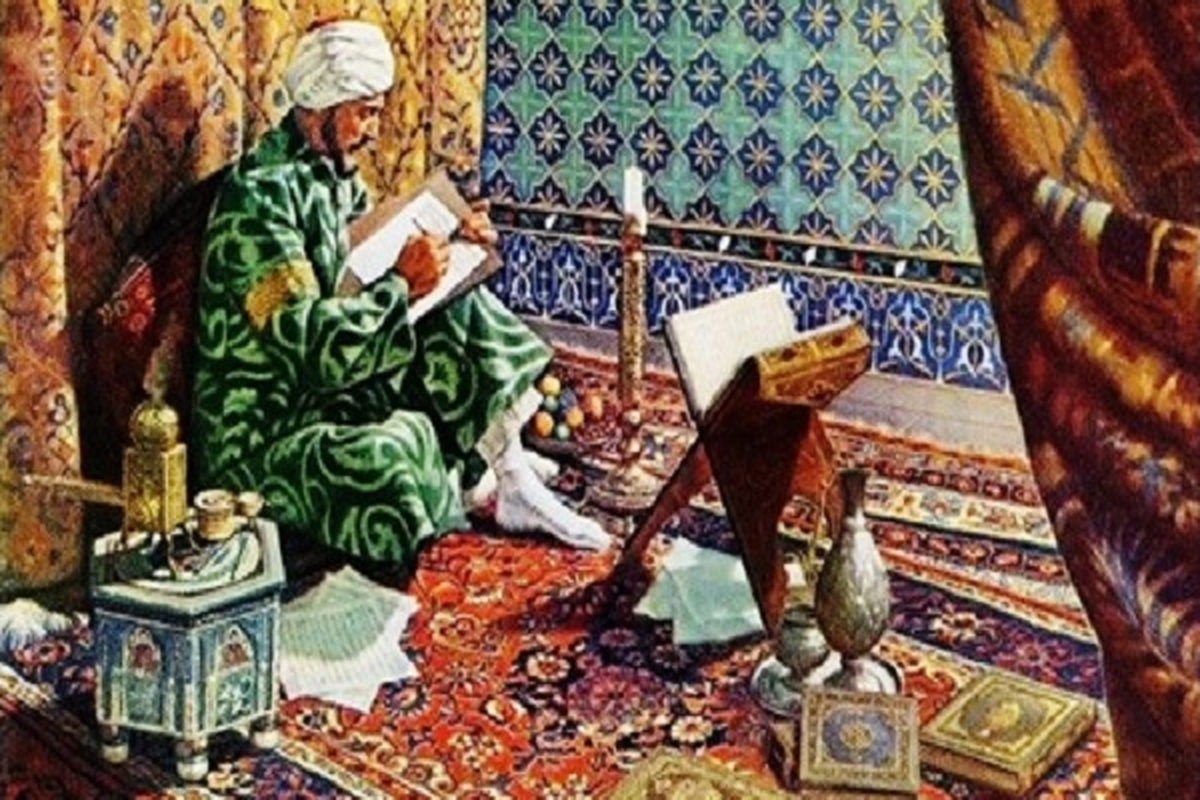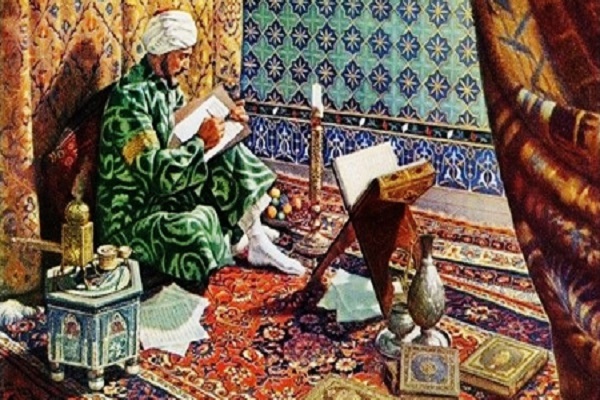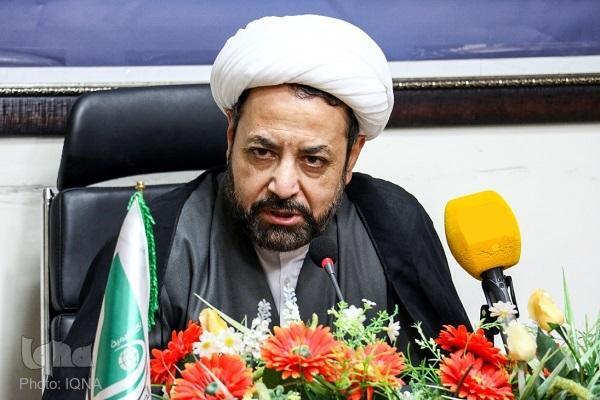Islamic Philosophy Helped West Emerge from Dark Ages: Egyptian Philosopher


Aiman al-Misri, who heads the Academic of Rational Hikma, made the remark in an interview with IQNA about philosophy.
Following are excerpts from the interview:
Q: How did philosophy develop in the ancient world?
A: Philosophy in the ancient world meant knowledge and later developed into natural philosophy before Socrates and then moral philosophy by Socrates and metaphysical philosophy by Plato.
Then Aristotle created logics and divided knowledge into theoretical and practical philosophy.
Q: How did Greek philosophy enter the Muslim world?
A: Greek philosophy entered the Muslim world via Alexandria and then with a movement initiated by Abu Nasr Farabi. Muslims approached it in two ways. Some of them accepted and welcomed it and then developed it using Islamic texts. They used it to defend Islamic beliefs. Farabi, Avicenna, Sheikh Tusi, Mirdamad and Mulla Sadra were among this group.
However, some Muslim scholars took a hostile stance against philosophy.
Q: How have the Quran and Hadiths of Ahl-ul-Bayt (AS) affected the Islamic philosophy?
A: Muslim philosophers like Avicenna and Farabi has emphasized deriving philosophical teachings from the Holy Book and the Seerah of Ahl-ul-Bayt (AS). This approach developed theology in such a way that did not exist in Aristotelian logics.
Q: How did Islamic philosophy go to the West?
A: It began from the Maghrib (Western part of the Muslim world) with some students of Averroes taking his books to Italy. The books were then taken to universities in England and France where Western thinkers started translating and benefiting from this great Islamic heritage.
Around the same time, and with the European conquest of Garanda (now Spain), they inherited the vast Islamic heritage of knowledge in various fields, including mathematics, natural sciences, and philosophy.
This led to a scientific and intellectual movement that brought about the Renaissance and an end to the Middle Ages.
The West used the Islamic philosophy to develop its thoughts and get out of the Dark Ages.
Read More:
Q: What is the importance of philosophy in life?
A: This is an important question. Mankind is a philosopher intrinsically. A child would always ask its parents about where we have come from and where we would go after death or what the purpose of life is. They don’t ask about religious rulings but they ask about fundamentals of life.
These questions, which are philosophical questions, and how they are answered affect our worldview, our values and our moral system.

Q: How can philosophy resolve our cultural, social and political issues?
A: If the answers to philosophical questions are realistic, they positively affect our personal, social and political behavior.
The purpose of divine Hikma (wisdom) in the creation of mankind is so that everyone can reach the highest point of perfection that he can and this could only be achieved through a worldview that is gained by divine philosophy.
4249822



